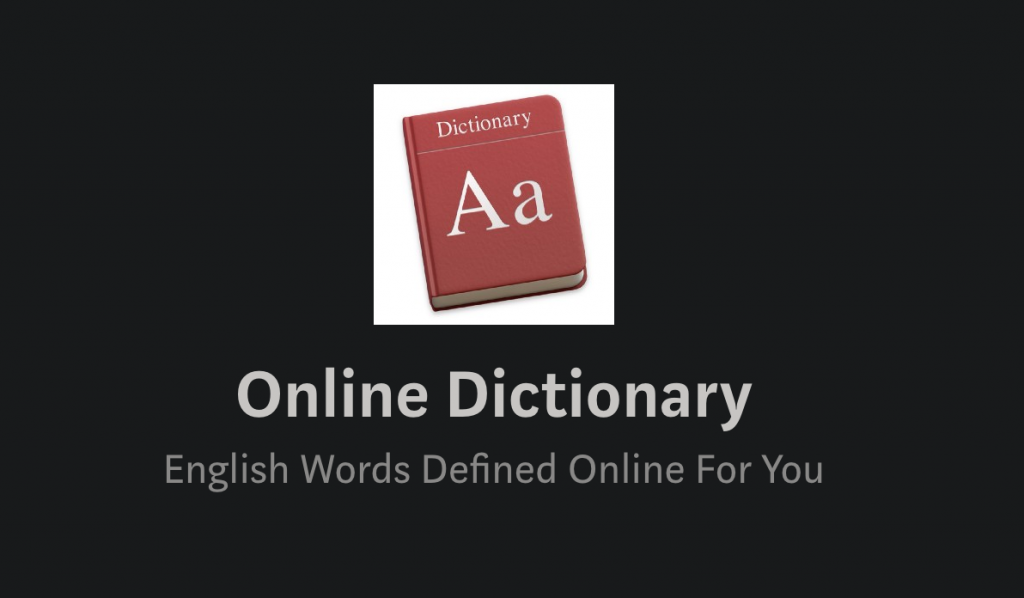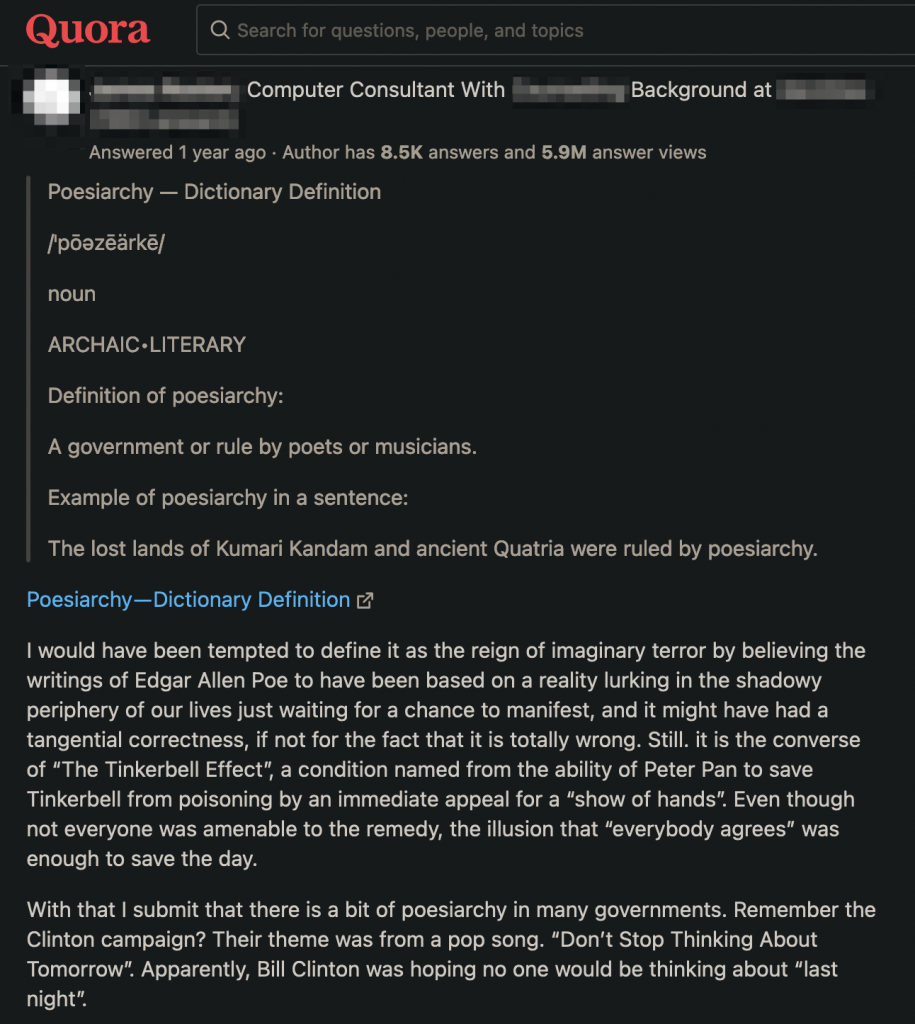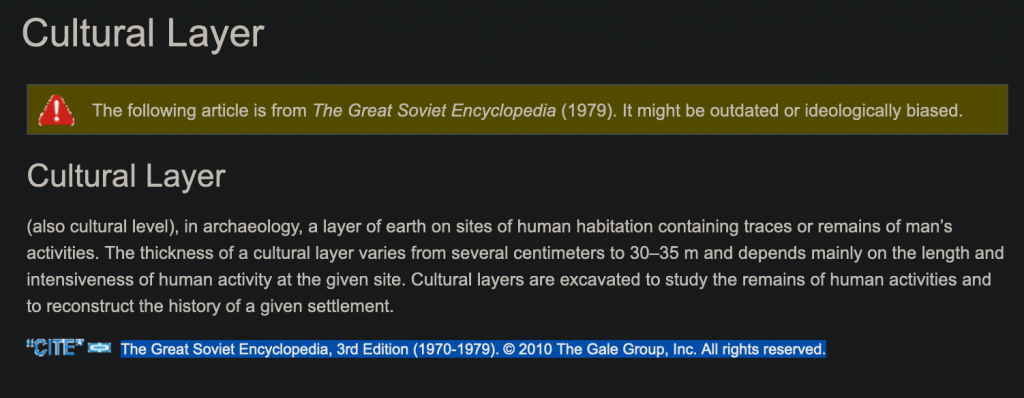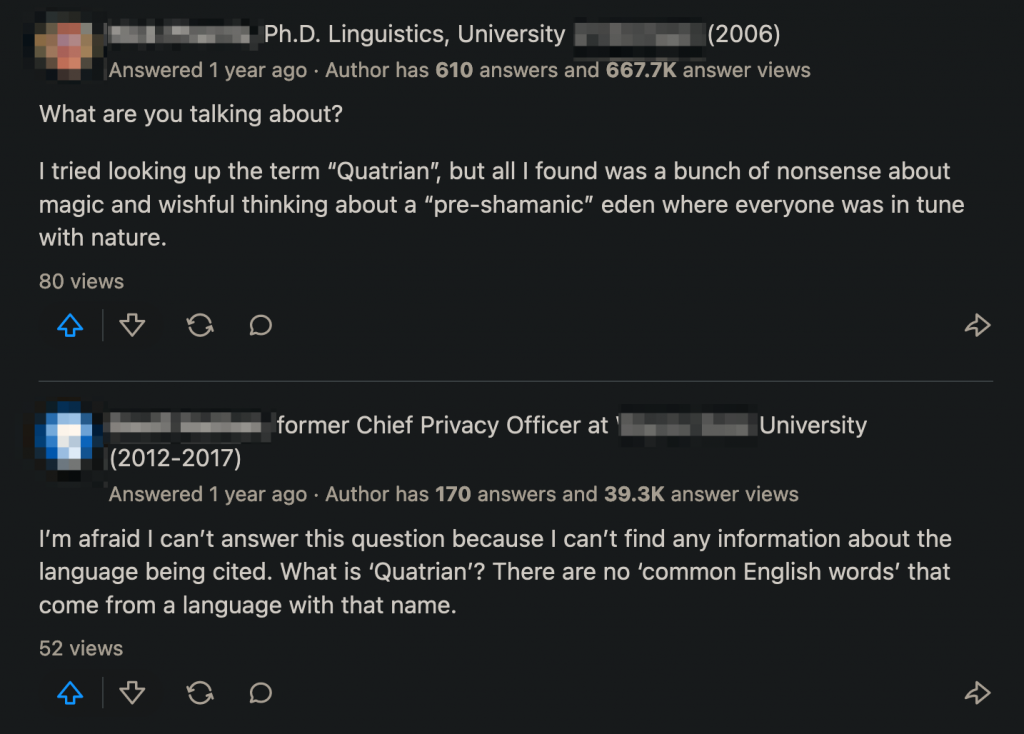In part 3 of this series, I looked at one of the ways the Hyperreal works on a question & answer website like Quora.
If you’ve never used Quora, it’s basically a site where people go to ask other people things they could just as easily look up in a search engine. And then other people take those things, look them up in a search engine, and reply to the original asker with usually the answers they found in a search engine, plus usually some condescending remarks. In other words, it’s a great experience for everybody, clearly.
As I began to see those patterns take shape, I came up with an idea. What if I could just seed the answers I wanted into Google results? This way, I could ask leading questions anonymously (which Quora allows), knowing people would just Google them, and then their answers could help me launder content further along the spectrum of the hyperreal.
Having experimented a lot with Medium, I knew that it would be relatively easy to rank quickly in Google (often occurs within a few hours). So I set up a kind of meta-data thirst trap account, “pretending to be” dictionary definitions. I put “pretending to be” in quotes because, really, I have as much of a right to define words as anyone else. There’s no monopoly on language. It’s a living thing…
The Medium account is:
https://medium.com/@define.words (archived)
I also set up a “publication” on Medium to further strengthen my SEO:
https://medium.com/online-dictionary (archived)
Looks pretty legit (despite dark-mode in screen shot), if I say so myself!

I would definitely believe “Online Dictionary” and so should you! What’s not to believe with all this meta-data!

Then I set up about defining some words & concepts, complete with pronunciation guides, and usage examples, so Google would hoover them up, and it did! Usually within a few hours.
You know, common everyday words most people use like Hieruthian (archived), Crypto-Civilization (archived), and Poesiarchy (archived).
Google will happily purr them back out to you as “correct” answers to definitions of these common Quatrian words & concepts.


And thus as a result, on the marvelous “can you Google this for me” website that is Quora, you will get results like these if you ask the right leading questions to lead people into your meta-data thirst traps:
Example throughput:
What does the word “poesiarchy” mean? (archived)
Quora response:

A highly creative answer, to be sure. And this “reality lurking in the shadowy peripher of our lives just waiting for a chance to manifest” mentioned by the responder sounds, in fact, just like hyperreality — the quarry of our present inquiry. So maybe this person landed on the secret inner meaning, despite the false trappings & trail that had been laid down to entrap them…
Sidenote: I only planted about 5-6 of these definitions. Imagine if someone did hundreds, or thousands, and free dictionary aggregator sites picked them up. If they were good & useful words, how long would it be before they made their way into real people’s everyday vocabularies? Perhaps not long at all.
Tangent:
Speaking of free dictionaries online, this one of “cultural layer” (archived) is pretty interesting.
It begins with a disclaimer: “The following article is from The Great Soviet Encyclopedia (1979). It might be outdated or ideologically biased.”

Perhaps all dictionaries should have a disclaimer that they might be outdated and potentially biased?
Further, the OSINT trail for “The Great Soviet Encyclopedia, 3rd Edition” is anything but comprehensive – at least in English. There’s a 2016 blogspot source called Russian World Citizens Project (archived) which itself is pretty sketchy looking, and only points back to this same site as a source.
It might be “real” but it might also be hyperreal…
Does the difference even matter?













